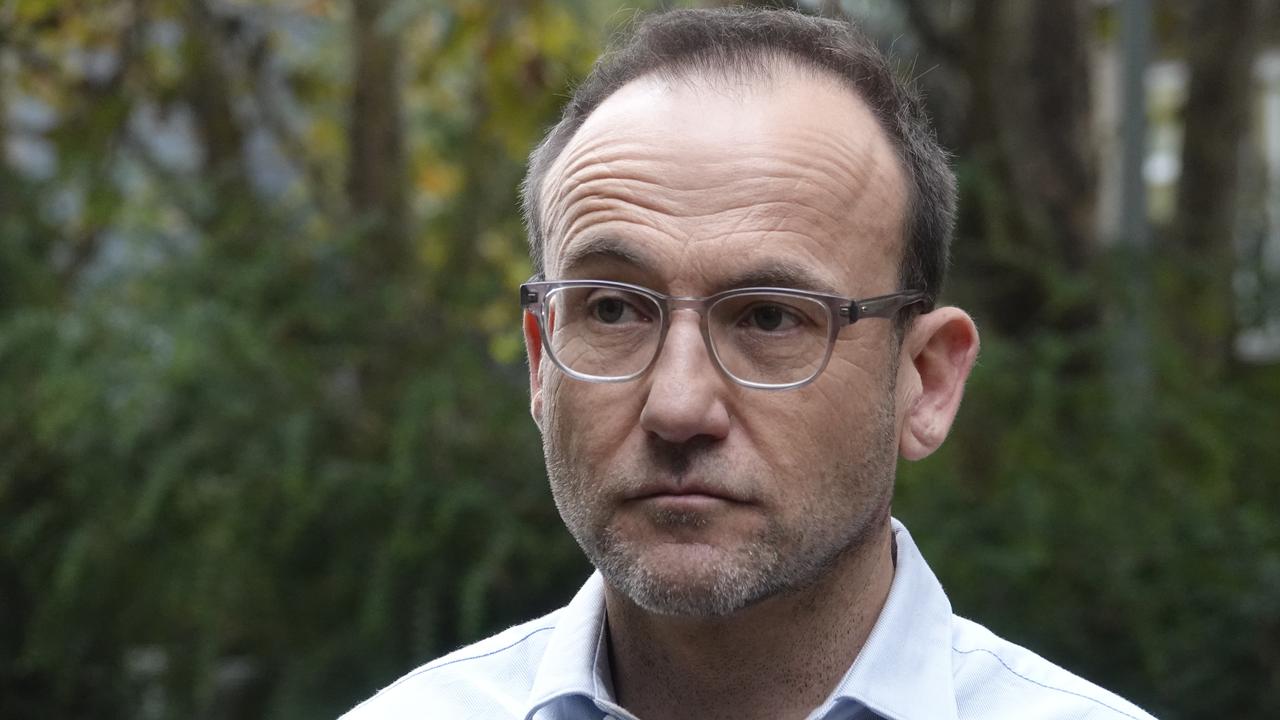ACTU push to scrap youth pay if Fair Work bid fails
Unions will urge a second-term Labor government to legislate an end to junior pay rates for adults if they fail to convince the Fair Work Commission to abolish them.

The ACTU will urge the Albanese government to legislate to scrap junior pay rates for more than 500,000 workers aged 18 and older across the retail, fast-food and pharmacy sectors if unions fail to convince the Fair Work Commission to abolish them.
In an interview with The Australian outlining the union movement’s priorities for a second-term Labor government, ACTU secretary Sally McManus said unions would press for changes to legislation to pay the full adult rate for workers 18 and over if the commission rejected the bid by unions to scrap junior rates.
Workers under 21 are currently paid a percentage of the adult rate of pay – 70 per cent for an 18-year-old, 80 per cent for a 19-year-old and 90 per cent for a 20-year-old fast-food or pharmacy worker. Describing the situation as “discriminatory and anachronistic”, Ms McManus said the ACTU would press a second-term Labor government for legislative change if the application by the shop assistants union, to be heard next year, was unsuccessful.
She said unions believed all adults should be paid an adult wage. “I think there is a universal argument around this,” she said.
“I think it does go to the issue of discrimination. We’re hoping through the industrial processes that it gets resolved but if it doesn’t get resolved, we would make a case for law reform.
“I do feel as though times have moved on a lot. I think the obligations on younger people, and the intergenerational inequalities that currently exist, are exacerbated by these issues so I think that there is a strong case for it and I just think on straight out discrimination grounds (that it) should be dealt with.”

Nominating other legislative priorities for unions if Labor were re-elected, Ms McManus said unions would push for the abolition of non-compete clauses; the expansion of the gig worker minimum standards to freelancers; and the expansion of the National Employment Standards to insert 10 days’ reproductive leave.
She said unions also supported a watering down of the employer capacity to lock out workers during industrial disputes and, in the long term, a review of the casual loading rate once new casual employment changes had been bedded down.
Workplace Relations Minister Murray Watt said the government had not taken a position on the junior rates application and the issue would be determined by the commission.
Asked for the government’s response to the priorities identified by Ms McManus, Senator Watt said: “I’m aware there are many ideas being put forward by unions and employers. We can’t do all of them and we won’t do all of them but we will certainly be engaging with unions and employers before the election to determine what we take to the election.”
Ms McManus said unions recognised laws opening the way for minimum standards for digital platform workers including delivery riders were a world-first but believed they should be extended by a re-elected Labor government. “We would like to see in the second term an extension to give people like journalists who are freelancers basic rights to be able to collectively bargain,” she said. “They are restricted on that at the moment and we think that is unfair and they are the poster child, if you like, of freelancers (who) should have those rights so we would like to see that addressed.”
She said unions hoped Labor’s new definition of casual employment and greater casual conversion rights would help address the high rates of casualisation but said there was a case, in the longer term, to review the current casual loading rate.
“We do think a review is overdue. It’s been a long time since it’s been considered,” she said. “We think in general it is worth having a review of the casual loading. We would support that and participate in that review and that would be a good contribution to the thinking around these issues.”

Asked if there were a review, would unions argue for an increase in the loading, she said: “If we were making submissions, I think probably we would be saying that, yeah. We are happy for the evidence to play out and for there to be a proper consideration of all of that and whether or not it’s going to be the right way forward.’
On employers being able to lock out workers, she said the laws were “not in line with international standards” and they should be changed as big multinationals were able to lock out workers for months, even where there was little industrial action.
“We would like to see at a minimum a proportional test in there because where we have seen them, and they don’t happen very often, but when they do they’re brutal,” she said.
“We think the law should not allow that abuse of power.”
Ms McManus said the early evidence was that the workplace reforms introduced in Labor’s first term were “getting wages back to where they should be”, getting workplace bargaining moving and addressing gender pay discrepancies.
“This is about: have the laws that the government’s brought in done the job of restoring workers’ bargaining power so they are getting fair wage increases?” she said.

“The early signs are good but we’re not yet at a position to say ‘OK, job done’ so we’ll continue to consolidate and to measure what’s going on.
“There has been a lot of change and we’re not saying we think that there needs to be a big list of things that need to change further.
“We think it’s important that these changes are consolidated and assessed on whether or not they’re doing the job well.
“I’m sure employers will have their views on that as well, which is fair enough. But in the end, we believe we should have more permanent jobs with full rights and we also believe that wage rises should keep up with the cost of living and productivity, which they haven’t. So fixing those things.”







To join the conversation, please log in. Don't have an account? Register
Join the conversation, you are commenting as Logout